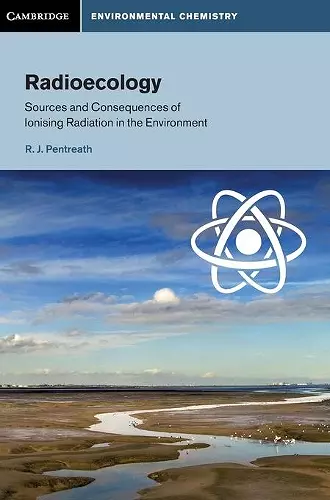Radioecology
Sources and Consequences of Ionising Radiation in the Environment
Format:Hardback
Publisher:Cambridge University Press
Published:12th Aug '21
Currently unavailable, and unfortunately no date known when it will be back

An overview of the sources, uses and effects of ionising radiation in the environment and their consequences for life.
An overview of the sources of ionising radiation in the environment, the effects of these unstable atoms on humans and biota, and their use in tracing environmental processes. Discussing frameworks developed to manage exposure, it is a valuable reference for graduate students and researchers interested in radioecology and radiological protection.Natural radiation arises from many sources, from the unstable atoms within our own bodies and in the materials around us, from the Sun, and even from beyond the Solar System. Additional sources include the legacy of testing nuclear weapons, nuclear waste, and nuclear accidents. All these sources have provided means of dating environmental materials and tracing the movements of substances through land, sea, and air. But ionising radiation also interacts with DNA, which has led to a remarkable range of studies to examine how and how quickly these unstable atoms are accumulated by both humans and biota, and their various effects on both. Providing an overview of the sources, uses and impacts of ionising radiation in the environment, and the frameworks developed to manage exposures to them, this is a valuable reference for graduate students and researchers interested in radioecology, environmental science and radiological protection.
'Highly recommended.' J. F. Burkhart, Choice Magazine
ISBN: 9781107096028
Dimensions: 251mm x 174mm x 22mm
Weight: 789g
300 pages